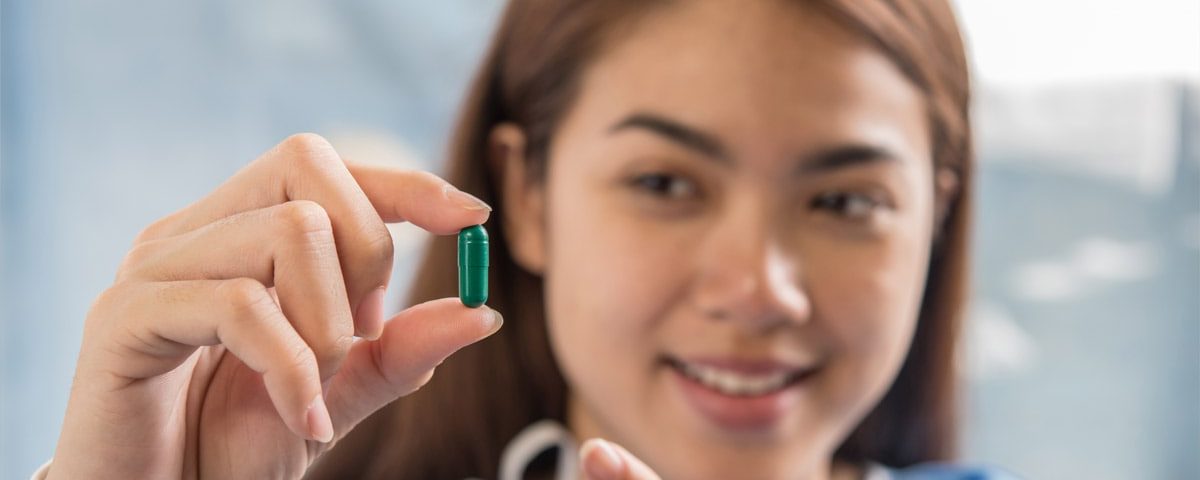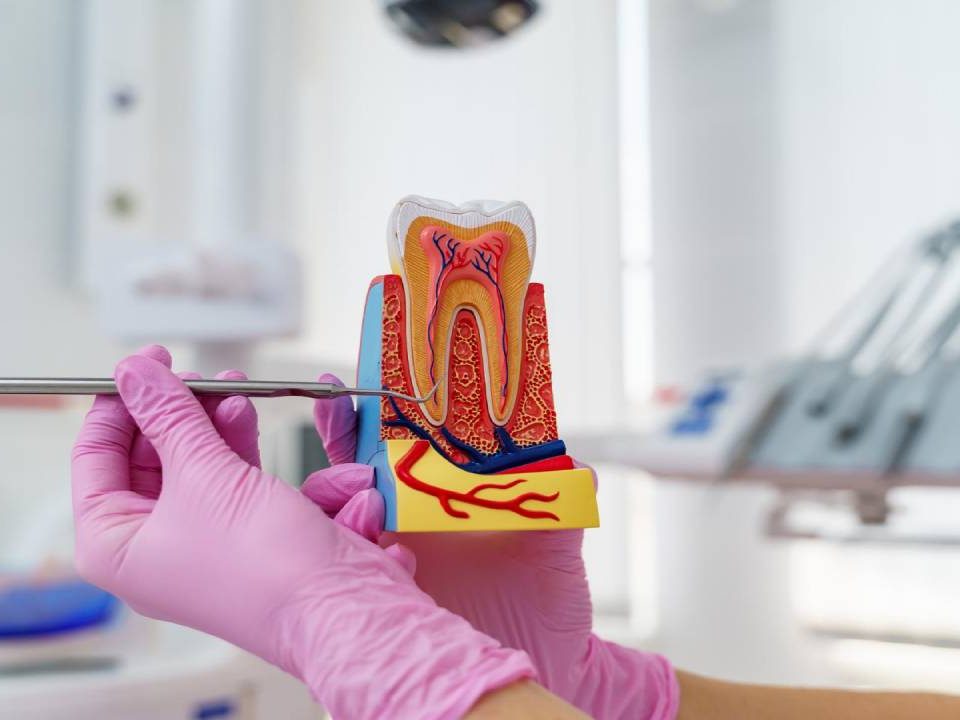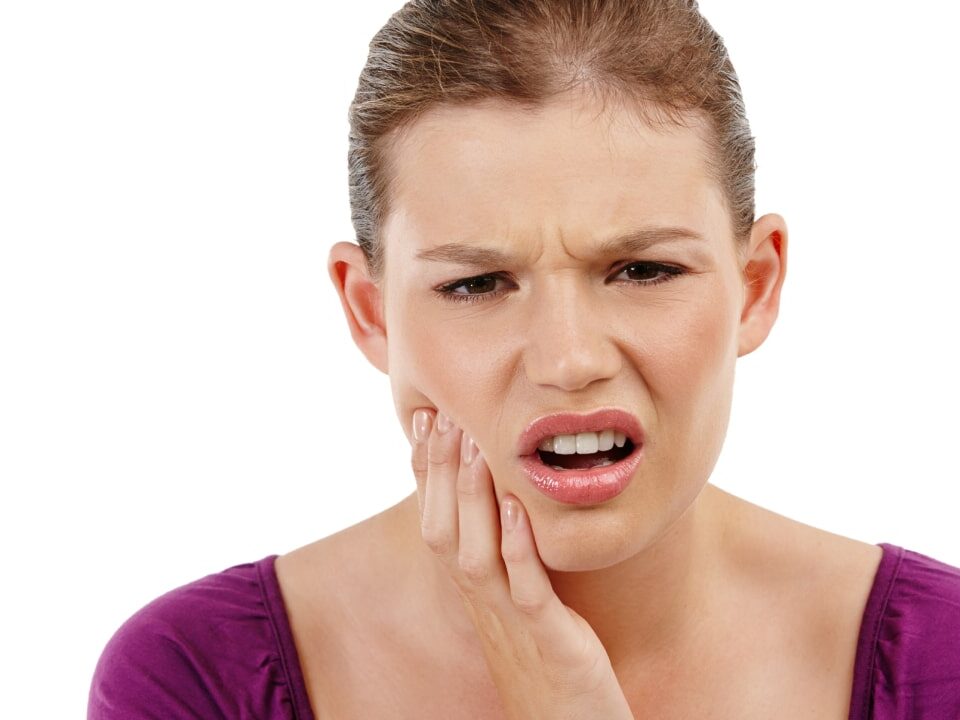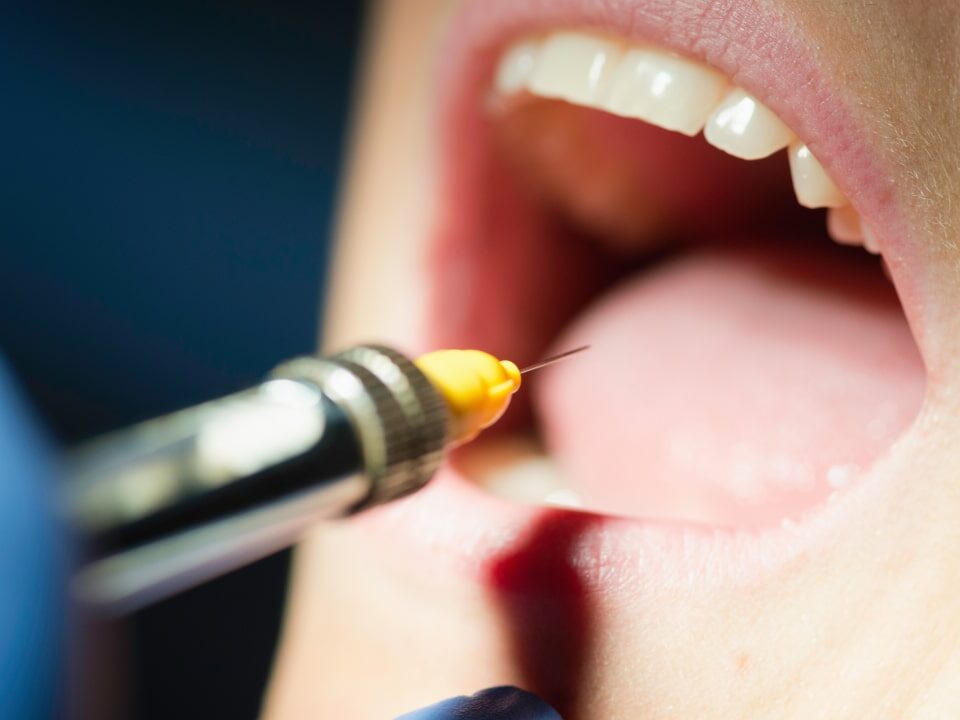
How Do You Treat an Abscessed Tooth?
June 5, 2025
Is It an Emergency If My Tooth Falls Out?
June 12, 2025After a root canal, some dentists give antibiotics. These pills help stop an infection if it spreads beyond the tooth. Many people feel unsure about why they receive antibiotics after root canal treatment. They often do not get a clear explanation. This guide gives simple and direct answers. It explains everything in a clear way, so you do not need to keep looking for more information.
Table of Contents
ToggleAre Antibiotics Necessary After a Root Canal?
Most people do not need antibiotics after a root canal. The dentist cleans out the infection from inside the tooth. But if the infection moves to the face, jaw, or neck, the dentist gives antibiotics to help stop it.
Some people have health issues that make infections more dangerous. They also get antibiotics after root canal to stay safe. The dentist looks at your health and the infection to decide if you need the medicine.
Why Do I Have to Take Antibiotics After a Root Canal?
A dentist gives antibiotics after a root canal for these reasons:
- The infection has spread outside the tooth.
- There is swelling in the face, cheek, or jaw.
- Pain is spreading to other parts of the mouth or head.
- You have a fever or feel weak and sick.
- You have a weak immune system and cannot fight infection well.
- The dentist wants to stop the infection from spreading more.
- The infection has reached the bone or soft tissues nearby.
- The dentist sees signs of a serious or deep infection.
- You have other health problems that make infection more dangerous.
- You had a root canal done after a delay, and the infection got worse.
What Is the Best Antibiotic for Root Canal Infection?
There are different antibiotics your dentist may give after a root canal. Not everyone gets the same kind. The dentist decides which one is best by looking at how bad the infection is, your medical history, and if you are allergic to any medicine. Here are the different types:
| Antibiotic | Why the Dentist May Choose It |
| Amoxicillin | Works well for most infections and has few side effects. |
| Clindamycin | Good choice if you are allergic to penicillin. |
| Metronidazole | Used with other antibiotics to treat strong or deep infections. |
Natural Antibiotics After Root Canal
There are different natural home remedies that some people use to feel better after a root canal. These can help with pain and healing, but they are not strong enough to treat a serious infection. Natural antibiotics after root canal are the following:
- Garlic, which helps fight bacteria. You can crush a garlic clove and place it near the sore area for a short time.
- Clove oil, which can reduce pain and kill some germs. Put a small amount on a cotton swab and gently dab it on the area.
- Salt water, which helps clean the mouth and lower swelling. Mix one teaspoon of salt in warm water and rinse your mouth gently.
- Turmeric, which helps with swelling and supports gum healing. You can mix turmeric with a little water to make a paste and apply it gently to the area.
Pro Tip: It is always best to ask an Avondale dentist before using any natural remedy. Your dentist will tell you if it is safe for your situation.

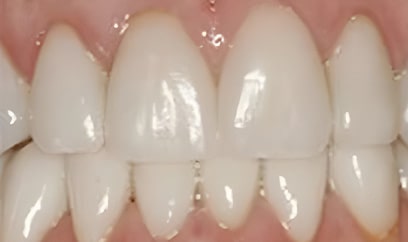
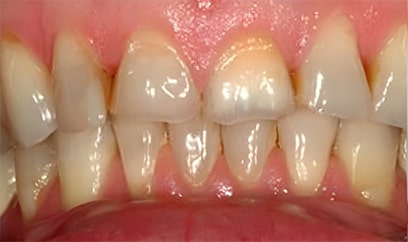
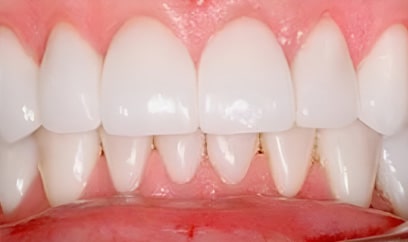
Are Antibiotics Effective in Treating Infection After a Root Canal?
Yes, antibiotics are effective for treating infections that spread beyond the tooth after a root canal. They help to:
- Stop the infection from spreading.
- Reach areas the dentist cannot clean.
- Support faster healing after the procedure.
- Lower the chance of the infection coming back.
- Reduce pain, swelling, and fever.
- Protect people with weak immune systems or health problems.
- Make the treatment safer and more effective.
Risks of Antibiotic Overuse or Unnecessary Use
There are some risks when taking antibiotics after a root canal, especially if they are not needed. These medicines are helpful, but they can also cause problems if used the wrong way. Dentists are careful and only give them when truly necessary. Antibiotic overuse or unnecessary use can:
- Cause antibiotic resistance (medicine stops working)
- Make future infections harder to treat
- Trigger stomach pain or upset
- Lead to diarrhea
- Cause skin rashes
- Trigger allergic reactions
- Kill good bacteria in the body
- Increase the risk of yeast infections
- Lead to mouth issues like thrush or dry mouth
- Weaken the immune system over time with overuse
Let’s Recap
Antibiotics after root canal are not always needed. They help in special cases where the infection spreads or when your health is at risk. Your dentist decides if you need the medicine based on your symptoms and history. Always follow the instructions and finish your full dose. Never skip medicine without asking your dentist. Proper use of antibiotics after root canal helps healing and prevents future problems.
FAQs
Can skipping antibiotics after a root canal delay a single tooth implant?
Yes, skipping antibiotics can let infection linger, which may delay healing and postpone a single tooth implant in Avondale.
Can the use of antibiotics after a root canal impact the success rate of dental implant placement?
Yes, proper use of antibiotics after root canal may help stop infections and improve healing before tooth implant procedure.
What are the risks associated with prescribing antibiotics after a root canal before implant surgery?
Risks include allergic reactions, stomach problems, and resistance to the medicine. Dentists try to use antibiotics only when truly needed.
What happens if you don't take antibiotics after root canal?
If your dentist tells you to take antibiotics and you do not, the infection can return or spread. This can cause serious health issues.
Are antibiotics used to treat mouth infections?
Yes, dentists use antibiotics to treat mouth infections that spread beyond the tooth or when the patient’s health requires extra care.

